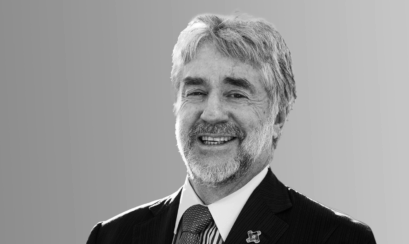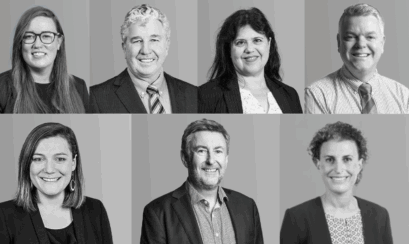With the government encouraging self-funded retirees to tap into their home’s equity to fund their existence, it is timely to explore the pros and cons of taking out a reverse mortgage.
During the 2020 budget debate, the then Assistant Minister for Superannuation Jane Hume told parliament that self-funded retirees who are struggling to stay afloat should consider supplementing their income through the Pension Loans Scheme. She added that the savings people have put into their family home form part of the retirement income system.
Unlocking your home equity to use as retirement income
Under the government’s reverse mortgage-style scheme, retirees can take out a loan for living expenses, secured against their real estate, and receive one and a half times the age pension.
Retirees can also access money from their home’s equity by going to a financier and applying for a reverse mortgage. The amount of the loan available depends on your age, the value of your home and any other loans you may have secured against your property.
Reverse mortgage vs regular mortgage
The difference between a reverse mortgage and a regular home loan is that, with a reverse mortgage, you do not have to make regular interest payments or principal repayments.
Rather, interest payments are added to the loan principal (this is called compounding of interest). The loan principal and all accrued interest are payable when you sell your home, or from your estate when you die.
Are there risks involved in reverse mortgages?
To some extent, reverse mortgages can be a game of chance. Both you and the financier are gambling on the probability of your loan principal and compound interest not exceeding the value of the equity in your home before you sell it or pass away.
However, under the National Consumer Credit Protection Act 2009, borrowers can never owe the financier more than the value of their property and they can remain in their home until they pass away or decide to move out.
For example, say you took out a reverse mortgage and after a number of years the amount owing to your financier is $400,000. If the value of your home when it is sold is only $350,000, you will not have to pay the $50,000 shortfall to the financier.
Compound interest enlarges reverse mortgage debt
With a reverse mortgage, the loan principal increases as interest payments are added to it. For example, if you borrow $50,000 on 1 May 2021 at a fixed interest rate of 5% per annum, your interest payment for the month of May will be around $208.
On 1 June 2021, your loan principal will have increased to $50,208. So, rather than the interest for June being calculated on the original $50,000 borrowed, it will be calculated on $50,208.
By the end of 20 years, the principal will have grown to $135,632.01, comprising your initial loan principal of $50,000, and compounded interest of $85,632.01.
Other costs associated with reverse mortgages
Before deciding to apply for a reverse mortgage it is important to understand several factors. For instance, the interest rate for a reverse mortgage is generally higher than that of a regular home loan.
Also, your loan principal will be considered an asset for the purpose of means testing, which means your age pension could be reduced. Plus, if you take out a reverse mortgage now, this may reduce your ability to get another loan on the security of your home in future years.
Do you need legal or financial advice before taking out a reverse mortgage?
Most financiers who provide a reverse mortgage loan will require that you obtain, at your cost, independent advice from a solicitor, a financial planner and an accountant before taking out the loan. The total cost of this advice can add up to $1000 – $2000.
It is important to note that not all solicitors, financial planners and accountants are prepared to provide the independent advice a financier will require you to obtain.
What happens when you die or when it comes time to sell your home?
If you need to move into aged care in the future and decide to sell your home, your obligation to repay the reverse mortgage loan will reduce the amount you have available to use as an ingoing contribution to the aged care facility.
Additionally, if your home is your main asset when you die, most (or even all) of the inheritance you would have liked to pass on to your children will go to the financier of your reverse mortgage instead.
Protection for homeowners who may be vulnerable to deception
Under the new Banking Code of Practice, banks will be required to take extra care with customers who may be vulnerable, including those who are experiencing elder abuse.














